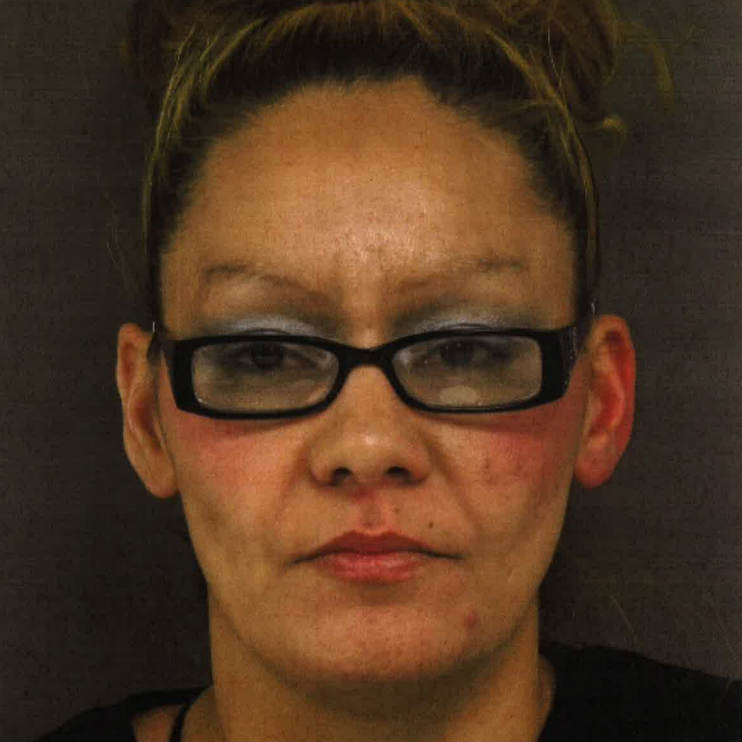
The American Civil Liberties Union is suing the City of Trinidad and two of the city’s police detectives over a 2013 drug sting operation.
The lawsuit claims two Trinidad women’s constitutional rights were violated after police took unreliable information from an informant, falsified documents to justify the arrests, and ignored evidence that the women were innocent.
According to the lawsuit:
Detectives Phil Martin and Arsenio Vigil relied on unsubstantiated accusations made by an untrustworthy confidential informant while ignoring readily available evidence that clearly demonstrated that ACLU clients Danika Gonzales and Felicia Valdez were innocent. According to the ACLU, these unjustified false arrests are representative of the Trinidad Police Department’s “custom, policy, and/or practice of conducting undercover stings and arrests in a manner that violates the U.S. Constitution.
Altogether 40 people were arrested in the 2013 operation. The ACLU says none of those arrests led to a drug-related conviction.
“At the Trinidad police department, it is standard operating procedure to recruit snitches of unproven and untested reliability and unleash them on the community with money and a directive to buy drugs, without the oversight, control and supervision that is regarded as standard in law enforcement circles,” ACLU of Colorado Legal Director Mark Silverstein said in a statement on Thursday.
“The result is an open invitation for an opportunistic snitch to lie with impunity, to pocket the ‘buy’ money, to skim drugs for personal use, and to settle personal scores by framing innocent persons, all while getting handsomely paid by the police. And that is what happened in this case, after the Trinidad police recruited informant Crystal Bachicha,” Silverstein said.
Alan Prendergast, a reporter for Westword, told Colorado Matters in December that the sting was the result of a four-month investigation, but of those arrested, “a surprising number were not only loudly proclaiming their innocence, but were insisting that the transactions they were accused of making couldn't have happened at the times and places described.”







